
Solar trackers boost solar panel efficiency by up to 35% by following the sun’s path. Single-axis trackers dominate India’s utility-scale projects due to cost-effectiveness. Integrating trackers with high-capacity Hopewind 385kW inverters maximizes yield, lowers payback periods, and ensures faster ROI
Why Solar Trackers Matter in India
India aims to achieve 500 GW of renewable energy by 2030, with solar contributing over 300 GW. For this growth to be efficient, solar tracking systems are becoming indispensable in utility-scale projects.
Unlike fixed-tilt panels, solar trackers dynamically orient themselves to the sun’s position, increasing annual energy generation by 20–25% without expanding land requirements. This makes them vital for:
- EPCs (Engineering, Procurement & Construction) firms working on MW-scale plants
- Developers seeking faster ROI and long-term stability
- Industrial users with large rooftop/ground installations
Why It Matters
- Higher Yield: Every kWh counts in competitive solar auctions.
- Improved ROI: Trackers reduce the payback period significantly.
- Efficient Land Use: Same land, more energy.
- Utility Integration: Works best when paired with high-efficiency inverters like Hopewind 385kW.
Yield, Cost & Payback
With DCR pricing skyrocketing for subsidy projects, tracker make more sense as in the price difference of DCR vs Non DCR trackers can be installed.
| Tracker Type | Cost per MW (₹ Crore) | Power Gain | Payback (Years) |
|---|---|---|---|
| Single-axis | 2.5–5.0 | +20–25% | 3.5–4 |
| Dual-axis | 4.0–6.0 | +25–30% | 3–3.5 |
| Automatic | 3.0–5.5 | +30–35% | 3.5–4 |
| Rotating panels | 3.5–6.0 | +30–35% | 4 |
Pro Tip: Pairing with Hopewind 385kW inverter shortens payback by 6–8 months thanks to high MPPT current, module compatibility, and seamless PLC communication.
Types of Solar Trackers in India
- Single-Axis Tracker: Most popular and reliable; moves east to west; adds 25–30% yield.
- Dual-Axis Tracker: Moves panels in two axes; boosts yield to 35–40%, ideal for southern states.
- Automatic Tracker: Uses sensors/controllers for smart movement; excellent for reducing maintenance.
- Rotating Panels: Full rotation for flexible alignment; used in hybrid and tough terrain projects.
State-Wise Solar Tracker Potential in India
| State | Solar Irradiance (kWh/m²/day) | Best Tracker Type | Avg Payback |
|---|---|---|---|
| Rajasthan | 5.5 | Single-axis | 3.5 yrs |
| Gujarat | 5.3 | Single-axis | 3.7 yrs |
| Tamil Nadu | 4.8 | Dual-axis | 4.2 yrs |
| Maharashtra | 4.9 | Automatic | 4 yrs |
| Uttar Pradesh | 4.7 | Single-axis | 4.3 yrs |
Rajasthan and Gujarat are leaders in deployment, followed by Tamil Nadu, Maharashtra, and UP. These states see aggressive tendering and large utility-scale projects.
Case Study: AgriPV-IARI (Ornate Solar)
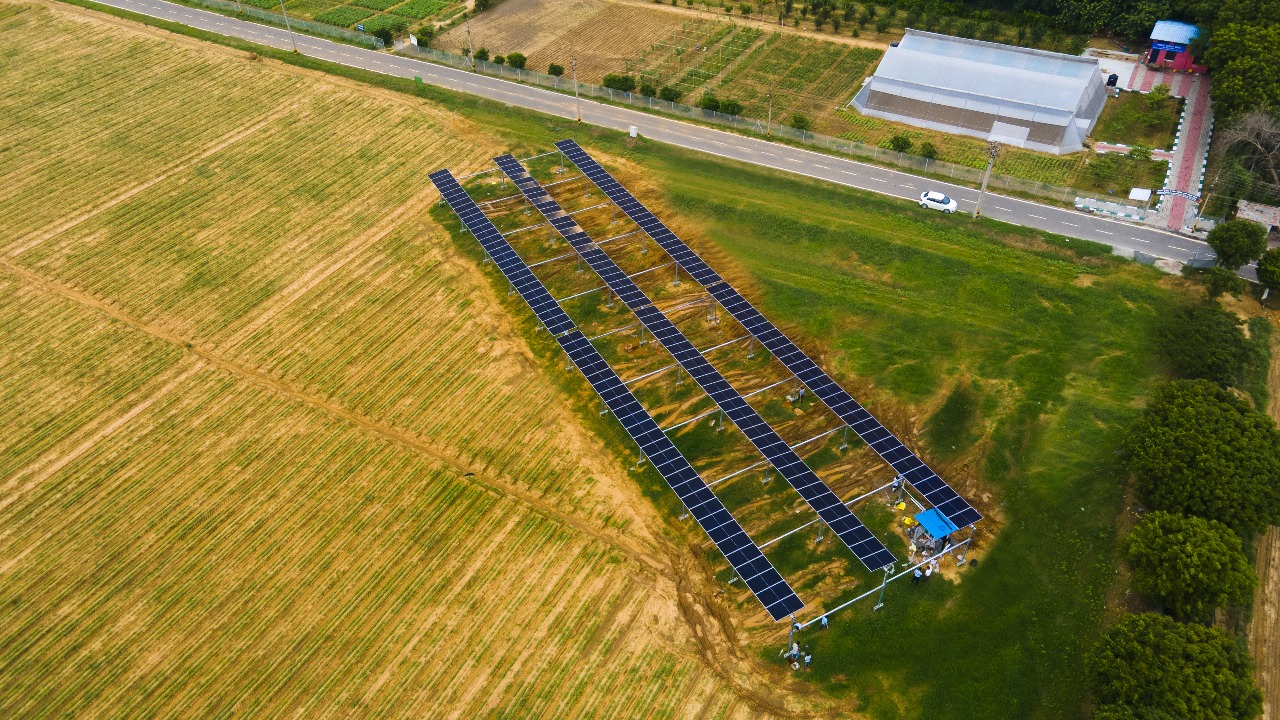
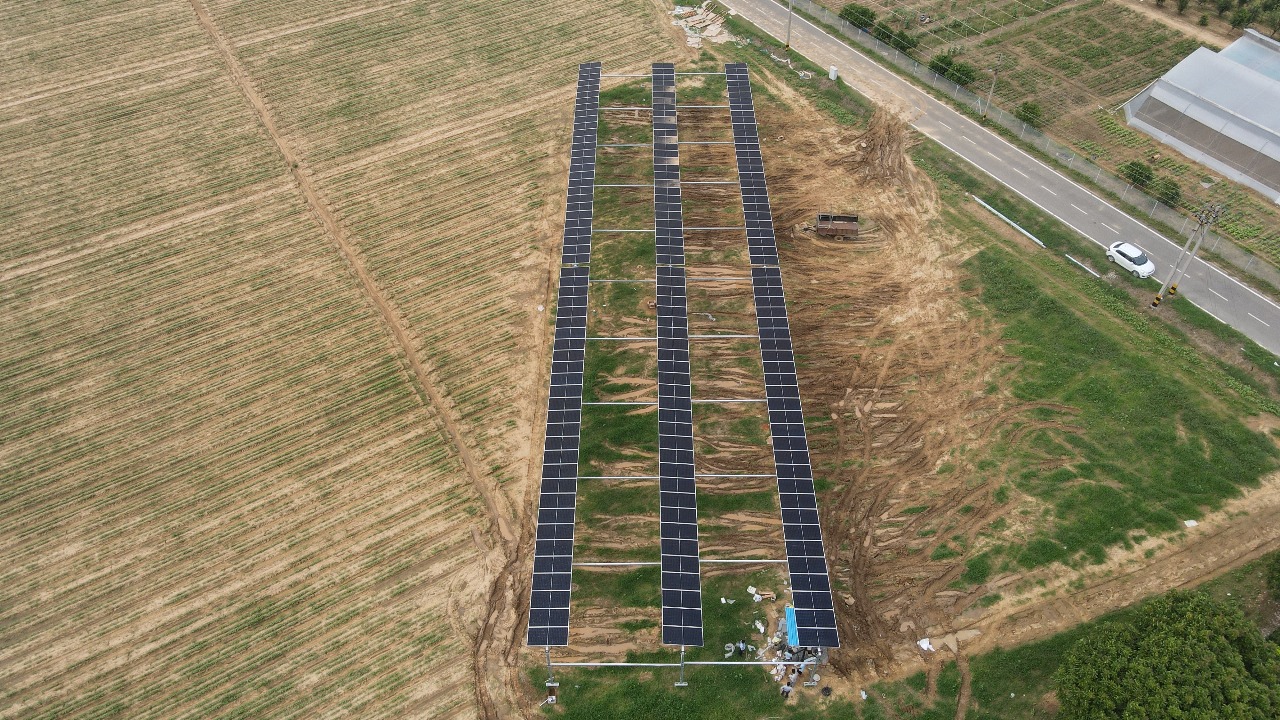
Building on real-world AgriPV success stories, Ornate Solar has commissioned a new agrivoltaic project, agriPV-IARI, at the Indian Agricultural Research Institute (IARI), Pusa Road, Karol Bagh, New Delhi. Designed to maximize land productivity and clean energy generation, this installation integrates advanced features tailored for dual land use.
- Capacity: 100 kW
- Area: 1,300 sq. m.
- Design: Elevated AgriPV structure with solar trackers
The inclusion of solar trackers allows the panels to automatically adjust their angle throughout the day, capturing optimal sunlight and boosting energy yield. At the same time, the design ensures sufficient light reaches the crops below, maintaining healthy agricultural output. The elevated structure enables seamless farming activities—such as planting, irrigation, and harvesting—without interruption.
FAQ: Solar Trackers in India (2025)
Conclusion: Why Solar Trackers Matter in India’s 2025 Solar Push
Solar trackers are no longer an optional upgrade—they’re becoming essential for utility-scale projects in India. With rising demand for efficient, land-optimized solar plants, single-axis and dual-axis trackers offer proven gains in energy output and ROI.
About Ornate Solar
Ornate Solar is a leading solar company with 10 years of experience in the industry and the mission to reimagine the way solar is installed worldwide.
By not only partnering with the best-in-class solar brands but also developing our high-quality solutions (panels, inverters, accessories, InRoof), we develop and deliver solutions that are modern, reliable, and effective.
Ornate Solar is also a trusted BESS manufacturer in India. We have developed UnityESS, an advanced energy storage solution to provide reliable power and energy independence.
If you are looking for high-quality solar solutions, call us at 1800 2026 252 to discuss your options.


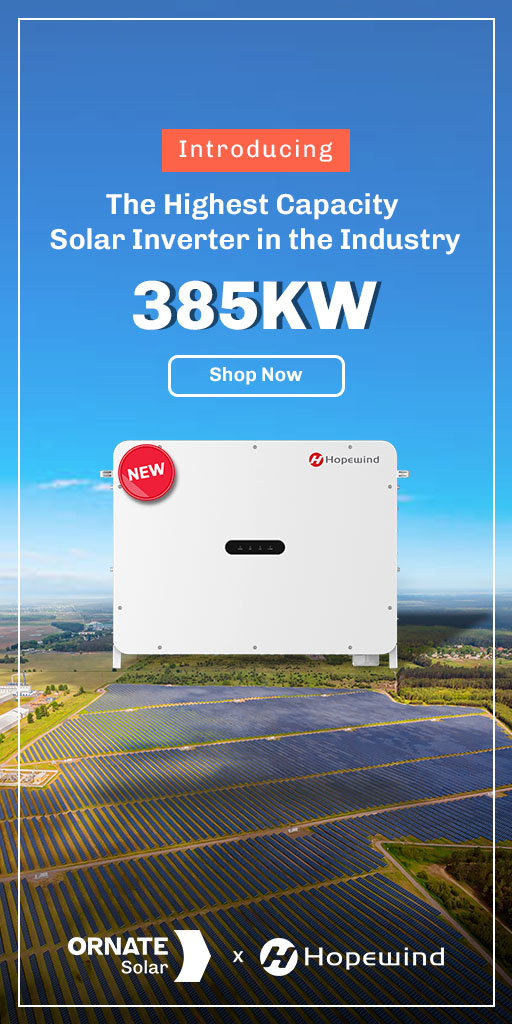




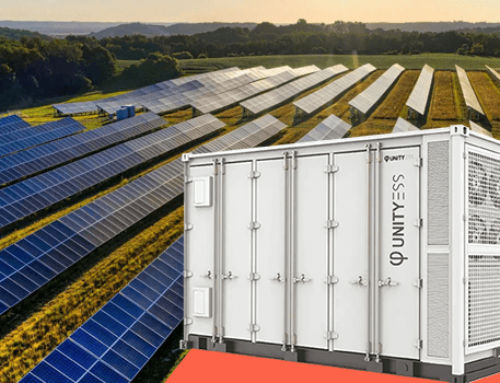
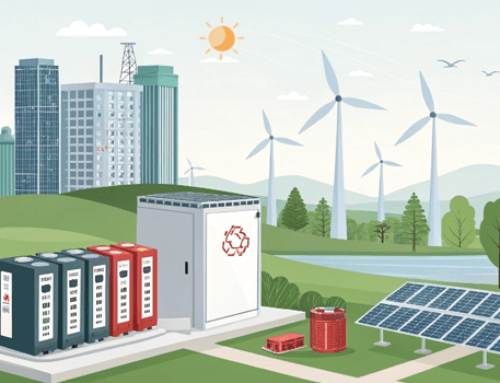
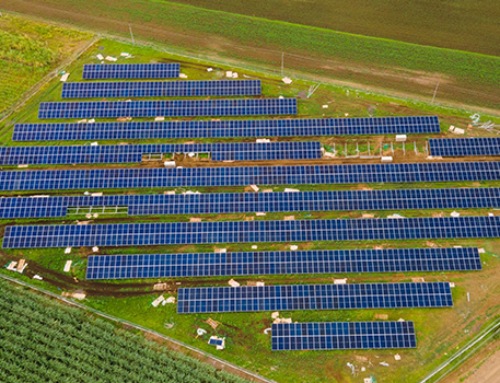

Leave A Comment